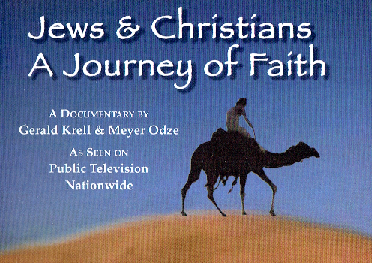The documentary film, Jews and Christians: A Journey of Faith, features religious leaders and scholars who examine the deep ties between Judaism and Christianity.
Myth of the Pagan Origins of Christianity
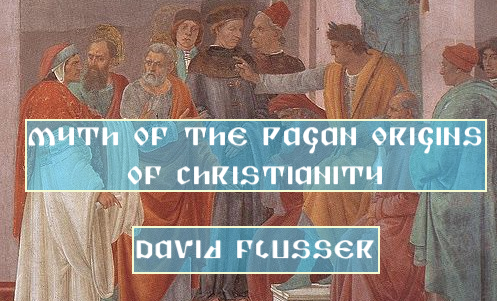
The artificial constructions of scholars who once sought to build a bridge directly from Hellenism to Christianity are being dismantled, both because of greater knowledge of the Greek world and due to more intensive study of ancient Jewish and Christian thought.
Jesus’ Place in First-century Judaism and His Influence on Christian Doctrine

The main aims of this contribution are, first, to show what Jesus’ place was among the various trends of the Judaism of his time and, second, to estimate the impact on Christianity of his teachings and of his life and death.
The Genesis of What Did Jesus DO All Day?

After leaving the convent and marrying, I taught high school Confirmation classes for my church. During one discussion of the Gospels, I reminded my students that Jesus was a Jew. “He was NOT!” cried one teen, his face red with anger at what he perceived was an insult. Stunned, I began to collect outside articles to share with the class, historical and archaeological material on first-century Jewish culture in the Holy Land. The idea for a teen book—one that would bring Jesus and His world to life, and show how Christianity sprouted from a Jewish foundation—began to grow.
Christians and Biblical “Law”

Jesus was Jewish and so were his disciples. He did not start a new religion, but his movement was consistent with being one of several sects of first-century Judaism. There were probably essentially very few non-Jewish followers of “The Way” (Jesus, Yeshua) for the first ten years or so after his death and resurrection.
Unintentional Anti-Semitism in the Church
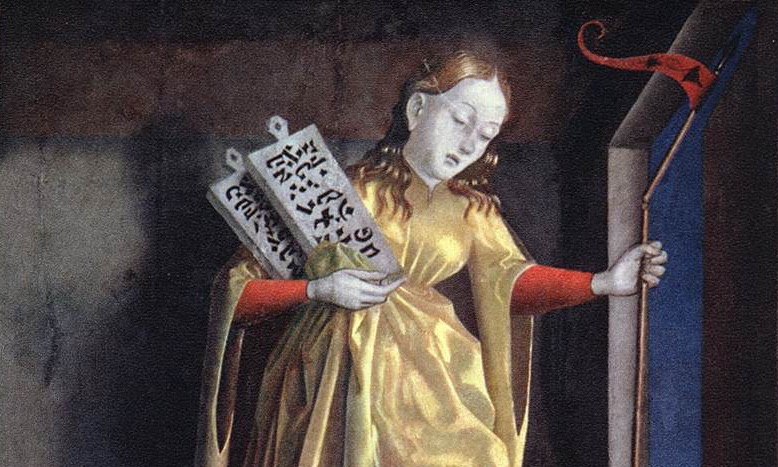
I heard an all too familiar theme surface in an otherwise good sermon with regard to the recognition and acceptance of Jesus as Messiah: “The Jews just missed it!” Sadly, this affront by categorization also shows a total lack of recognition of the role of Jews in the early church and in their making the message of salvation through Yeshua (Jesus) available to non-Jews. It is as if Yeshua appears on the scene, is rejected by the Jews, but is welcomed with open arms by the non-Jews.
The Apostolic Decree and the Noahide Commandments
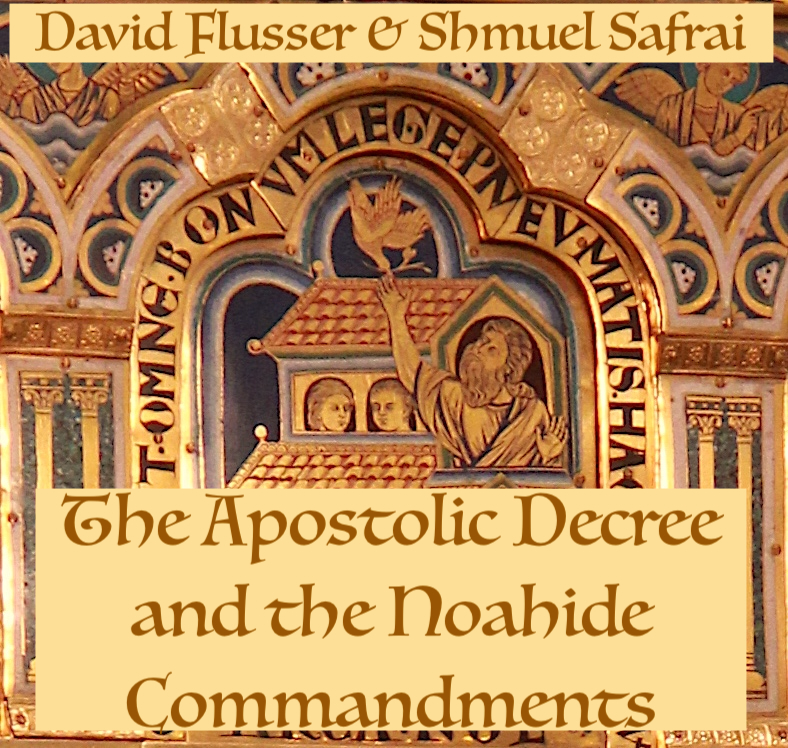
Jerusalem Perspective is pleased to make available to the English-speaking world this important article written originally in German by David Flusser and Shmuel Safrai: “Das Aposteldekret und die Noachitischen Gebote,” in Wer Tora mehrt, mehrt Leben: Festgabe fur Heinz Kremers (ed. E. Brocke and H.-J. Borkenings; Neukirchen-Vluyn, 1986), 173-192.
The Theological Significance of the Parable in Rabbinic Literature and the New Testament
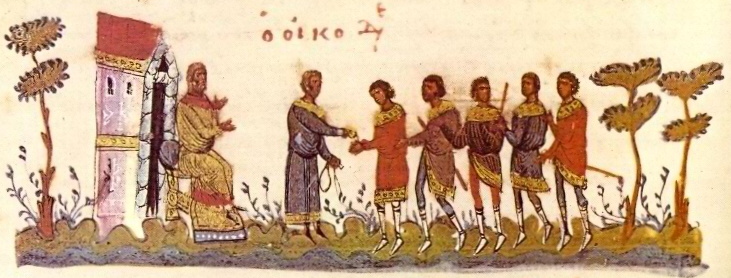
One of the finest articles ever written on rabbinic parables and the parables of Jesus was published in 1972 in the now defunct Christian News from Israel. The article is a classic, but, unfortunately, no longer available. Jerusalem Perspective is pleased to resurrect this milestone article together with the responses of founding Jerusalem School members, the late Robert L. Lindsey and David Flusser.
An Interview with Dwight A. Pryor

January 2009 marked the 25th anniversary of The Center for Judaic-Christian Studies. In the following interview, the Center’s founder, Dwight Pryor, surveys his life’s journey, and reflects on the dangers inherent in the “Jewish Roots” movement. Dwight’s words are a clarion call to those who are part of this renewal, and a sobering warning to those who would abuse the fledgling movement.
The Cross and the Jewish People
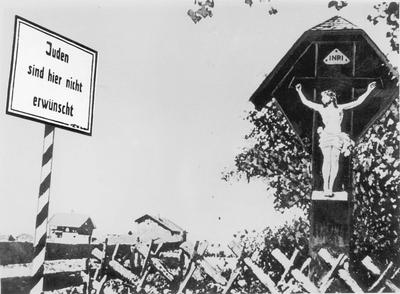
One of the most poignant pictures which exemplify the chasm of historical misunderstanding between Jews and Christians is that found in Yad Vashem, the Holocaust memorial in Jerusalem. It is a photograph of a life-size crucifix that stood outside an unknown German village prior to World War II. In a twist of tragic irony a sign was hung on the cross to warn Jews not to enter the village. It read: “Jews are not welcome here.”

